How Do Presidential Elections Influence the Housing Market?

It’s natural to find yourself speculating about what the upcoming Presidential election might mean for the future. These uncertainties can easily lead to fear and doubt. So, if you’re thinking about buying or selling a home this year, you’re likely wondering how the election could impact the housing market – and whether it’s still a good time to make a move.
Here’s some surprising news: historically, Presidential elections have only had a minor and temporary effect on the housing market. However, your concerns are valid, and it’s important to address them so you can continue with your plans confidently.
Let’s take a look at decades of data that detail how home sales, prices, and mortgage rates have behaved during past Presidential election cycles. This information will help you make an informed decision about homeownership as you weigh the pros and cons.
Home Sales
In the month leading up to a Presidential election, typically from October to November, there’s often a slight dip in home sales (see the graph below):
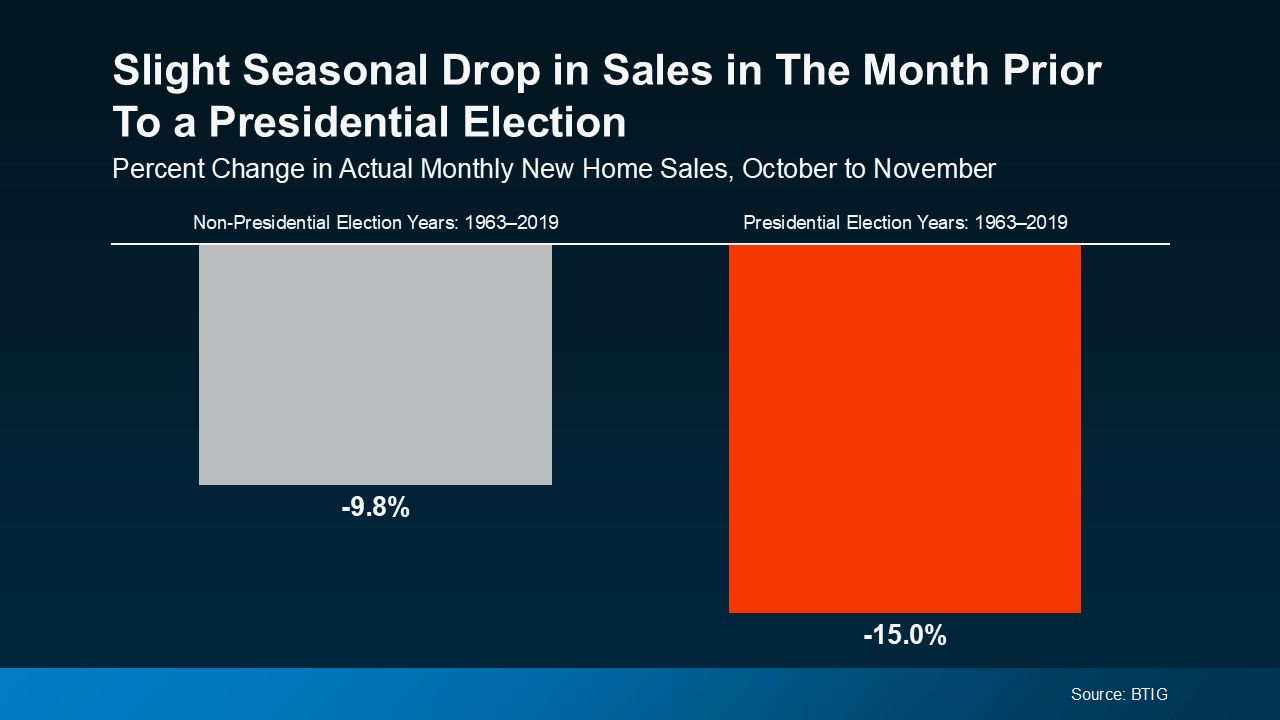
Some consumers might choose to wait before making their purchase decision. However, it's important to understand that this slowdown is both minor and temporary. Historically, home sales have rebounded quickly and continued to increase the following year.
In fact, data from the Department of Department of Housing and Urban Development (HUD) and the National Association of Realtors (NAR) shows that after 9 of the last 11 Presidential elections, home sales rose in the year following the election, a trend that has been consistent since the early 1990s (see chart below):
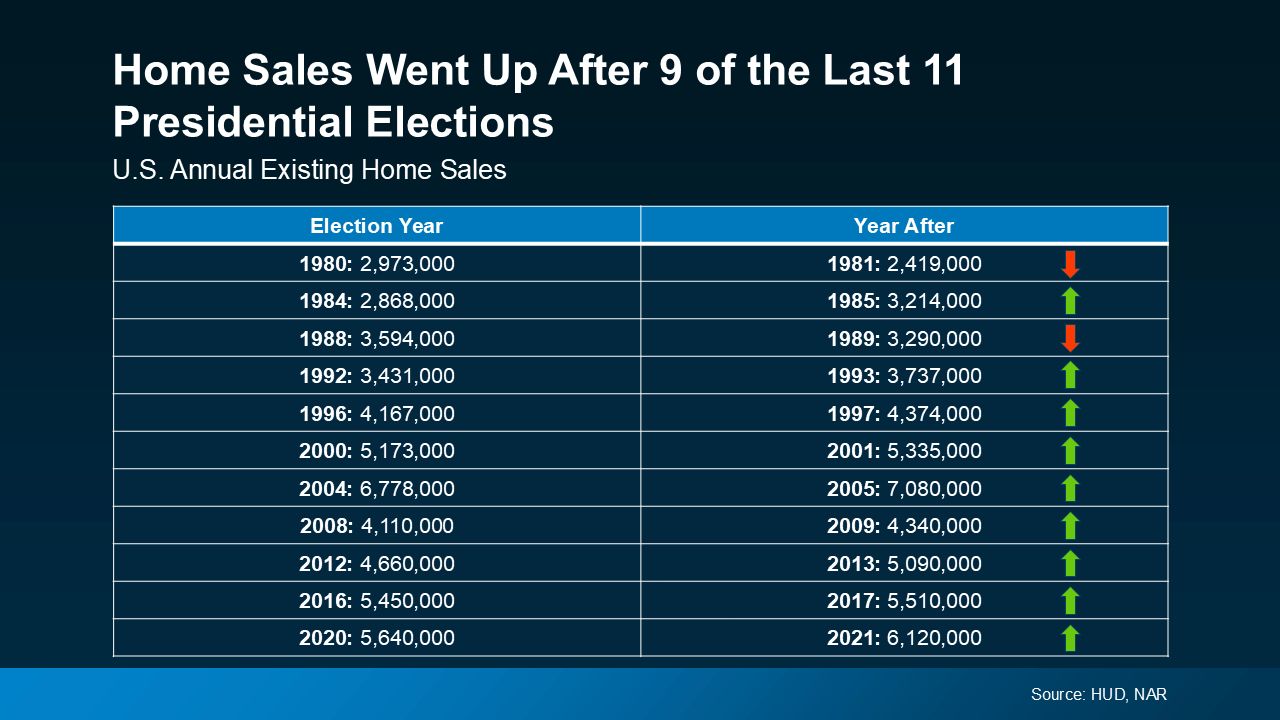
Home Prices
You might also be curious about how home prices are affected during election years. Do they tend to drop? Not usually. As residential appraiser and housing analyst Ryan Lundquist points out:
“An election year doesn’t change the price trend that’s already in place.”
Home prices generally tend to rise over time, regardless of the election cycle. Based on historical data, you can likely expect the current pricing trend in your local market to continue, unless there are unusual market or economic factors at play.
The latest data from NAR shows that after 7 of the last 8 Presidential elections, home prices increased in the following year (see chart below):
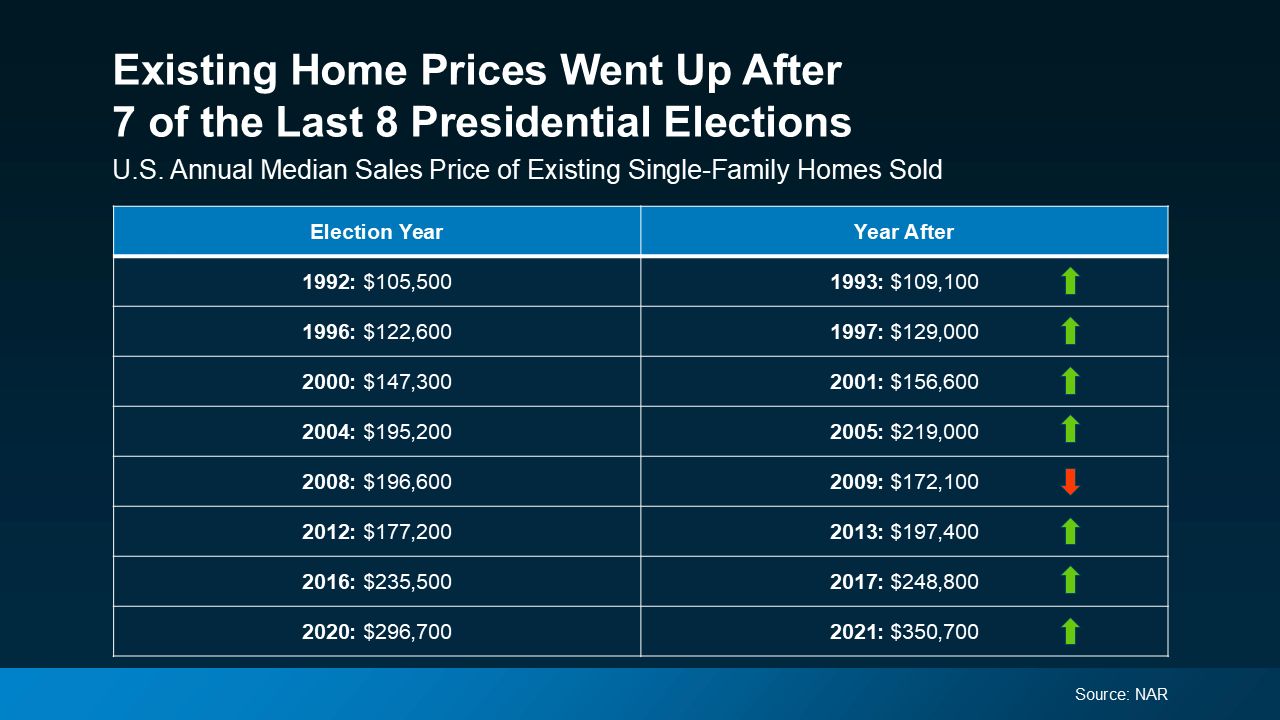
The one exception occurred between 2008 and 2009, during the peak of the housing market crash—a year that was far from typical. However, today’s market, is much more resilient. While prices are moderating on a national level, they aren’t in a general decline.
Mortgage Rates
And the third thing that’s likely on your mind is mortgage rates, since they impact your monthly payment if you’re financing a home. Looking at the last 11 Presidential election years, data from Freddie Mac shows mortgage rates decreased from July to November in 8 of them (see chart below):
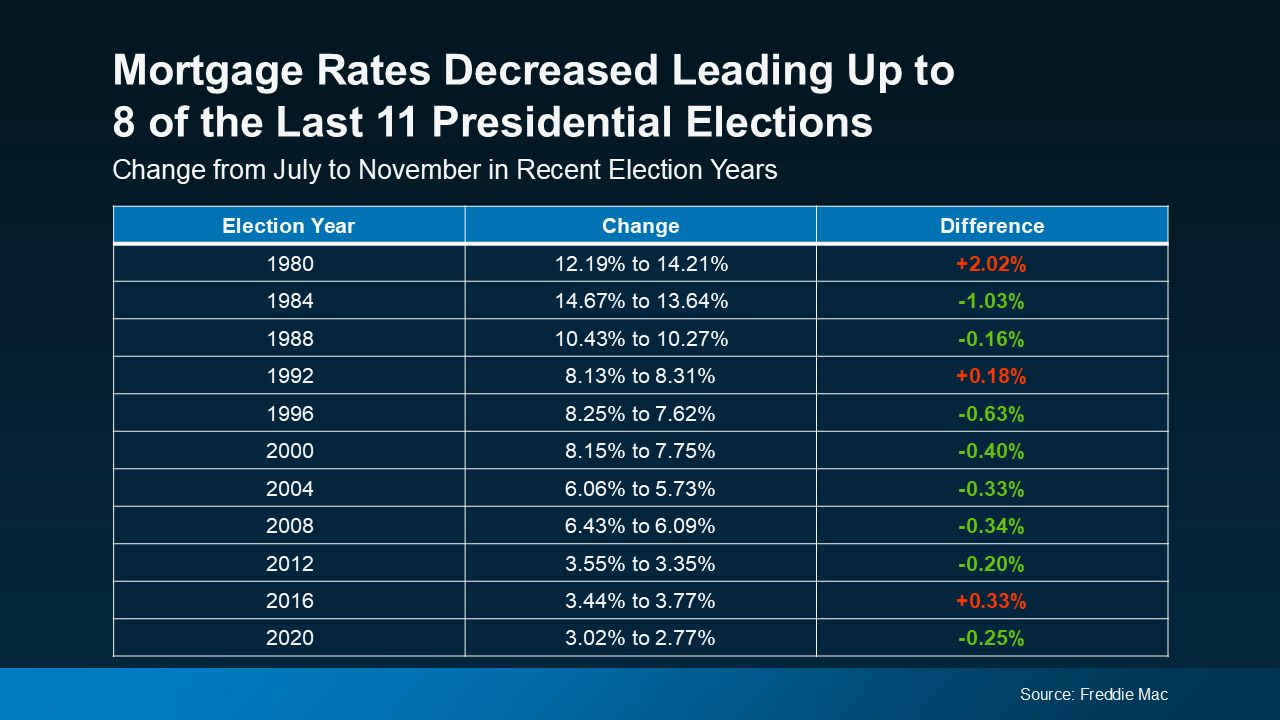
And this year, we’re already beginning to see that trend. Most experts predict that mortgage rates will gradually ease throughout the remainder of 2024. If that holds true—and current indicators suggest it will—this year will continue the pattern of declining rates. So, if you’re planning to buy a home in the coming months, this could be great news for your purchasing power.
What This Means for You
What’s the key takeaway? While Presidential elections do have some influence on the housing market, the impact is generally minor. As Lisa Sturtevant, Chief Economist at Bright MLS, explains:
“Historically, the housing market doesn’t tend to look very different in presidential election years compared to other years.”
For most buyers and sellers, elections don’t significantly alter their plans.
Bottom Line
While it’s natural to feel some uncertainty during an election year, history shows that the housing market remains strong and resilient. This means you don’t have to put your plans on hold. To get guidance on navigating the market during this election cycle, reach out to a local real estate agent.
Categories
Recent Posts
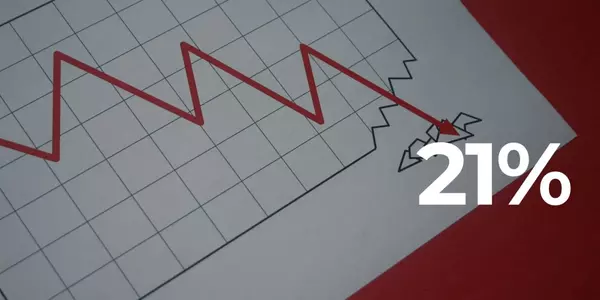
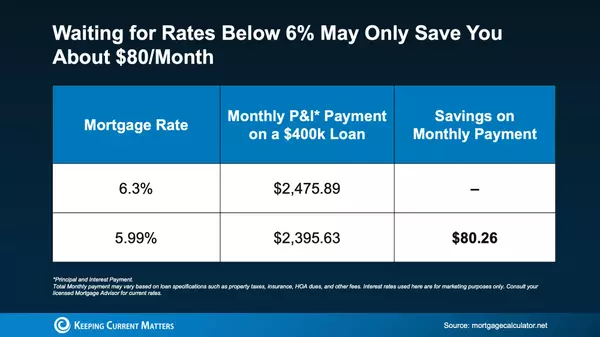
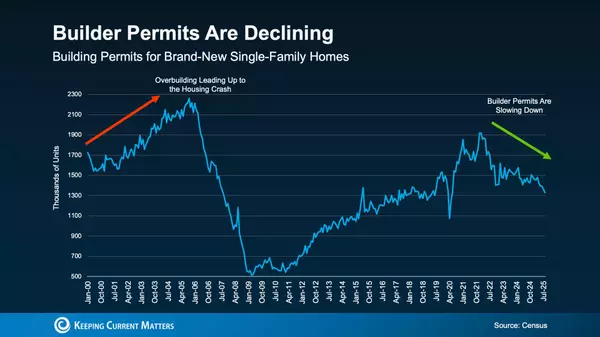
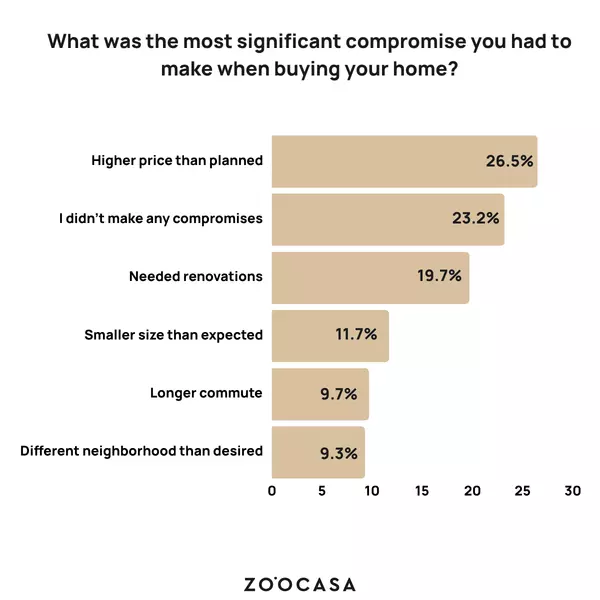
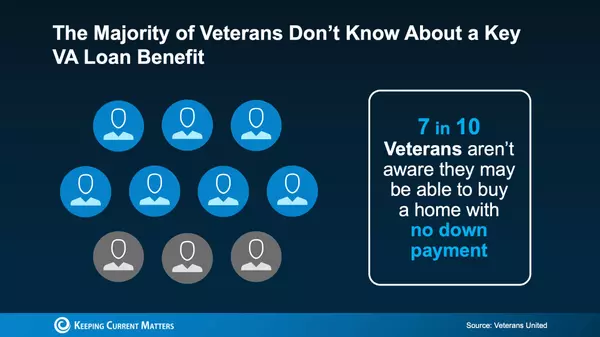
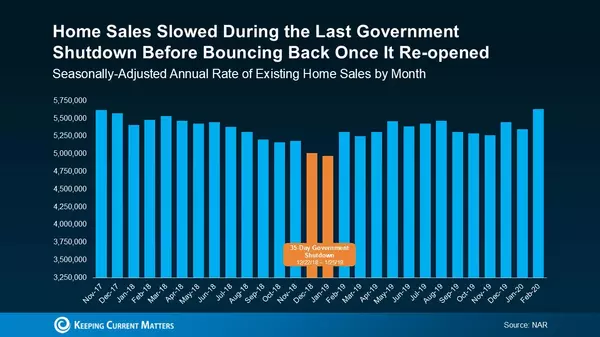
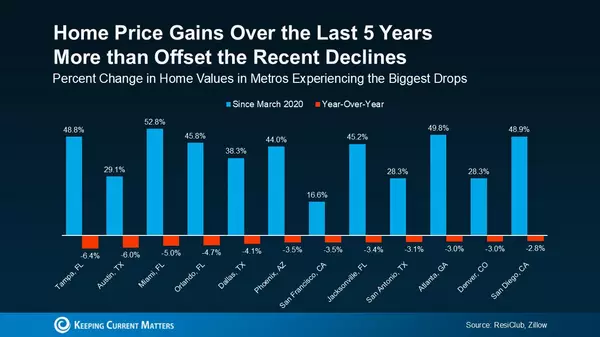
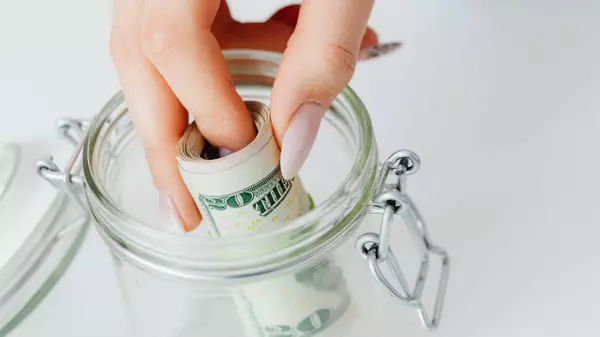
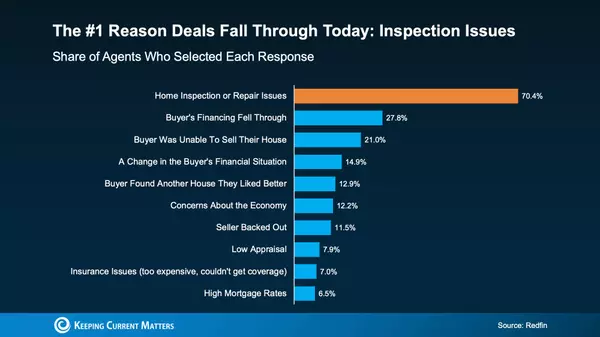
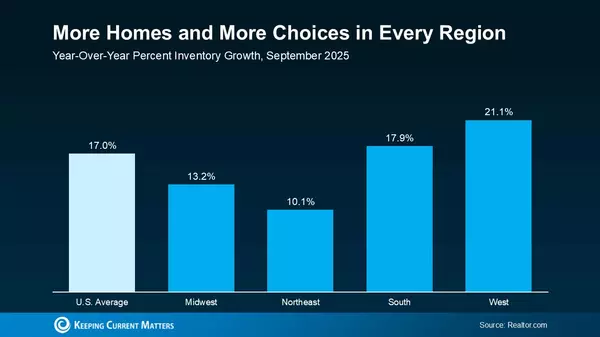
GET MORE INFORMATION


